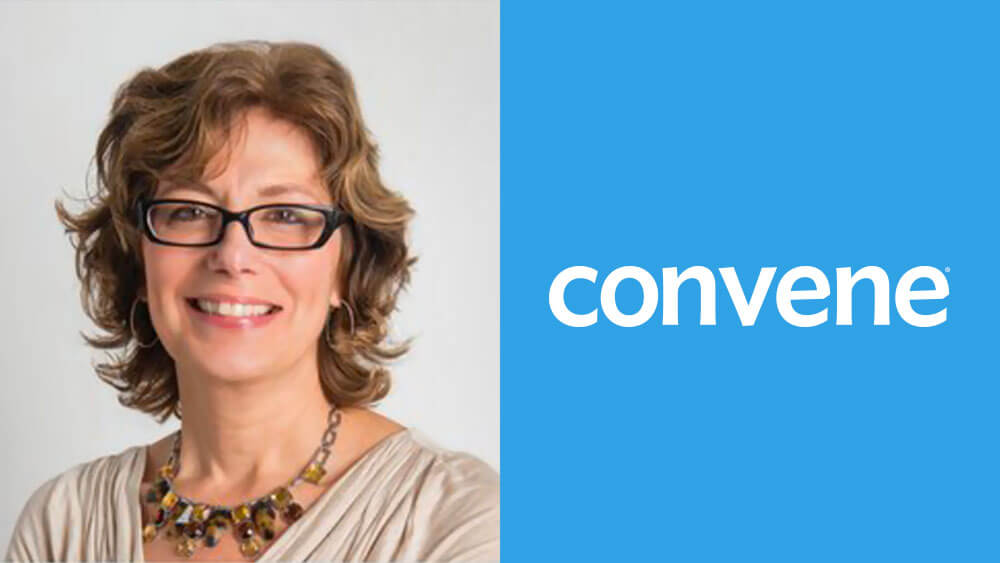
Michelle Russell
Sometimes, it does seem like the universe is trying to send you a message. Let me give you an example. Yesterday morning, in our final days leading up to closing this issue, I was leafing through a recent issue of O magazine and found a feature story called “Kinder, Gentler,” about how “civility seems to be under siege.” I stuck a bookmark in that story — actually a collection of contributions from writers on how we can foster goodwill and grace in an increasingly fractious society — and went about my day.
A short time later, I got a text message from my younger daughter, who was uncomfortably witnessing — along with the rest of her department — an exchange between two coworkers that had escalated to a shouting match. It seemed that they disagreed over how reasonable it would be to continue to negotiate down the price of a bid from an outside agency after the agency had already agreed to a lower fee. I sympathized with her and gave her my standard advice when in an awkward situation: Try to just act normal.
And at lunchtime, I found several references in my Facebook news feed to bad behavior aboard a United flight. Only the bad behavior was on the part of United, which had overbooked the flight, creating a situation that ended with security officers forcibly removing a ticketed passenger, dragging him by his wrists down the aisle. By now, I think the entire world has seen the shocking video taken by several passengers.
It seems like O was on to something. How have we come to this place where common courtesy, professionalism, and following the Golden Rule don’t seem all that important anymore? Where laws and policies that discriminate rather than tolerate are finding a toehold?
These are questions for society as a whole, but they cut to the core of the meetings industry’s raison d’etre. In this month’s CMP Series, Contributing Editor David McMillin explores how unconscious bias — something in our hardwiring, thanks to our ancestors — can play out at events, and how to discourage that from diminishing the attendee experience. He suggests that meeting organizers take a page from Airbnb, which requires that hosts sign an agreement to treat everyone in the Airbnb community — regardless of their race, religion, national origin, ethnicity, disability, sex, gender identity, sexual orientation, or age — with respect, and without judgment or bias.
David spoke with Allyson Dylan Robinson, a senior consultant at Cook Ross, a company that specializes in organizational culture. And while she may not be in the conference industry, she really gets our value proposition. As she told David, event hosts should make sure to include that messaging about tolerance to all stakeholders, to “establish that a conference values diversity, inclusion, and the free exchange of ideas.”

